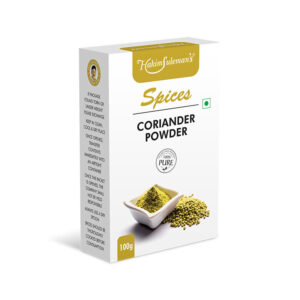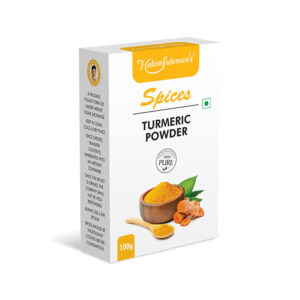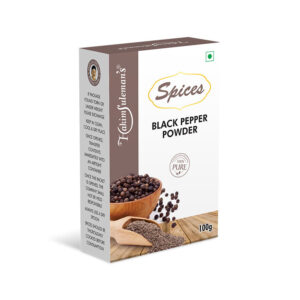Ease out Symptoms of Rhinitis in a Natural Way
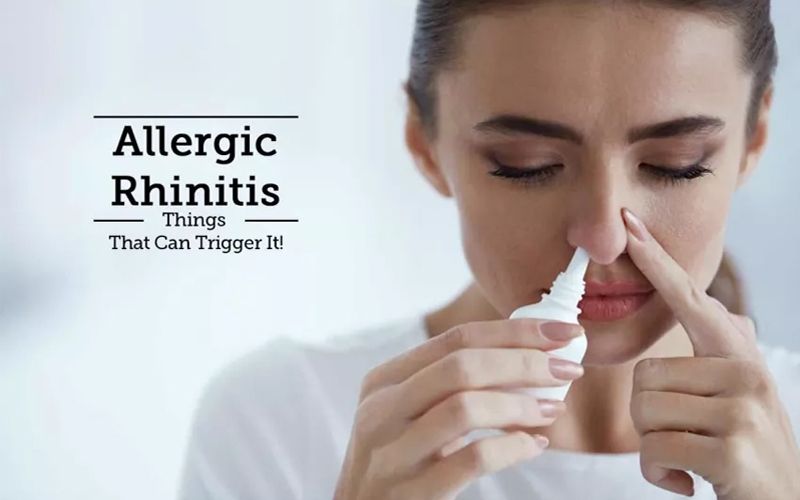
- Allergic Rhinitis is popularly known as hay fever.
- The main cause of this disease is the allergen.
- Non-allergic Rhinitis is also alarming.
- Sneezing, cold, cough, fatigue etc. are few of its symptoms.
- Certain control in diet and changing lifestyle habits can improve the condition in this disease.
Overview
Are you often retarded by the itchy eyes and sneezing? Is unending fatigue not allowing you to lead a normal life? Consult a health practitioner and find out whether it’s a rhinitis or not. If you still have a doubt, let us give you complete prescience of this disease in this article, and make you aware of this health problem so that you can adopt some easy home remedies to escape from it in a natural way.
In this article, we will take you through below-mentioned topics:
- WHAT IS RHINITIS?
- FACTS & FIGURES OF RHINITIS
- CAUSES OF RHINITIS
- SYMPTOMS OF RHINITIS
- WHO ARE AT HIGHER RISK OF RHINITIS?
- COMPLICATIONS RELATED TO RHINITIS
- HOW TO PREVENT RHINITIS?
- HOW TO IDENTIFY THIS DISEASE
- NATURAL TREATMENT FOR RHINITIS
Click above to navigate your topic of interest
What is Rhinitis?
When mucus membrane of the nasal path is swelled up; it is also called Rhinitis. The main reason behind this disease is the allergen.
Allergic rhinitis is also known as hay fever.
Facts & figures of Rhinitis
As per the American Academy of Allergy, Asthma & Immunology (AAAAI), almost 10 percent in the United States and 8 to 10 percent of the adults worldwide are suffering from this disease.
Causes of Rhinitis
When our body comes in touch with any kind of allergen, it starts releasing one natural chemical called histamine, which safeguards our body from the allergen. This chemical is the main reason behind this allergic disease.
Besides tree pollen, other common allergens are:
- dust mites
- animal dander
- mold
- grass pollen
- cat saliva
Other things that can trigger this health problem are:
- chemicals
- perfumes
- fumes
- wood smoke
- cigarette smoke
- humidity
- air pollution
- colognes
- cold temperatures
- wind
- hairspray
Symptoms of Rhinitis
Different symptoms of this disease include:
- a runny nose
- an itchy nose
- a stuffy nose
- sneezing
- coughing
- a scratchy or a sore throat
- watery eyes
- itchy eyes
- under eye dark circles
- frequent headaches
- hives
- eczema-type symptoms, such as having extremely dry, weep, and blister
- excessive fatigue
Who are at higher risk of Rhinitis?
People who are exposed to the allergens are more at the risk of this disease.
Complications related to Rhinitis
A few further complications related to this disease are:
- Upper respiratory tract infection
- Eustachian tube dysfunction
- Ear infection or otitis media
- Acute sinusitis
- Dental problems due to excessive mouth breathing
- Sleep apnea or other sleep disorders
- Chronic nasal inflammation
How to prevent Rhinitis?
You can prevent both allergic and non-allergic type of this disease with the help of a few regular habits.
| What to Do | What to Avoid |
|---|---|
| Non-allergic Rhinitis | |
| Use regular saline flushes so that you can keep your sinuses and nose clean. | Avoid those things that can trigger the symptoms. |
| Allergic Rhinitis | |
| Clean your cushions, soft toys, upholstered furniture, curtains etc. on regular basis to avoid dust mites. | Avoid carpet instead use hard vinyl or wood floor. |
| Always wipe the floor with a damp cloth. | Avoid feather bedding or woolen blankets instead use acrylic pillows. |
| Always clean the bedding of your pet on regular basis. | Bathe your pet at least once a fortnight. |
| If you have a lawn, keep someone who can take care of the grass on your behalf. | Stay away from grass so that you do not get affected by the pollen. |
| Stay away from mold spores by cleaning your home and keep it well-ventilated. | Avoid any condensation and damp thing in your home. |
How to identify the Rhinitis
Different tests are done to identify this disease.
Blood Test: It is done to identify the immunoglobulin E (IgE) antibody in our blood. To test the suspected allergens in our body, our immune system creates this antibody.
Skin Prick Test: In this test, to check whether our body reacts to the allergen, it is pricked in our immune system with the help of a needle by placing that allergen in our arm. An itchy spot will appear if our body has reacted to that allergen.
There are more tests which can give more insight into this disease:
- a computerized tomography or CT scan
- a nasal endoscopy
- a nasal inspiratory flow test
Natural Treatment for Rhinitis
Treating this disease in a natural way is the best solution.
Home Remedy
Certain at-home remedies are no doubt beneficial to heal the symptoms of this health problem.
Carotenoids

If your diet lacks carotenoid-rich foods, then we’re thought to be more prone to the allergies. Thus, foods such as carrots, butternut squash, spinach, pumpkin, kale, apricots, collard greens, sweet potato etc. should be incorporated in our diet because they are high in carotenoids.
Nasal Irrigation
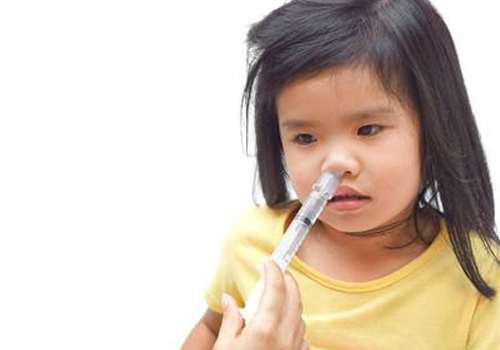
In this process, salt water is used to clear the nasal passage. People with the allergies will get benefitted from this at-home remedy.
Diet Tips
Foods are the main cause of any allergy. So, we need to know what to eat and what to avoid in this disease to avoid further complications.
| Foods to Eat | Foods to Avoid |
|---|---|
| Tuna | Peanuts |
| Onions | Milk |
| Kiwi | Walnuts |
| Pineapple | Almonds |
| Kefir |
Lifestyle Tips
A few lifestyle tips are helpful to deal with this disease.
- Make a habit of taking shower and washing hand after coming from outside to avoid pollen.
- Restrict a pet from sleeping on the bed.
- Use roller blinds so that you can clean it without any problem to get rid of the house dust mites.
Suggested Exercise/ Yoga
A few yoga poses are helpful to ease out symptoms of this disease.
- Wind- Relieving Pose
- Tree Pose
- Bridge Pose
- Warrior I Pose
- Half Moon Pose
- Triangle Pose
- Shoulder Stand
After reading this article, you might have understood whether your symptoms are pointing towards this disease or not. And if at all, they are alarming then you should know how to take care of yourself in a natural way. Now, follow remedial steps at home and stay well!
You can also read: IBS – Let Not Bowel Syndrome Irritate You Any Further

